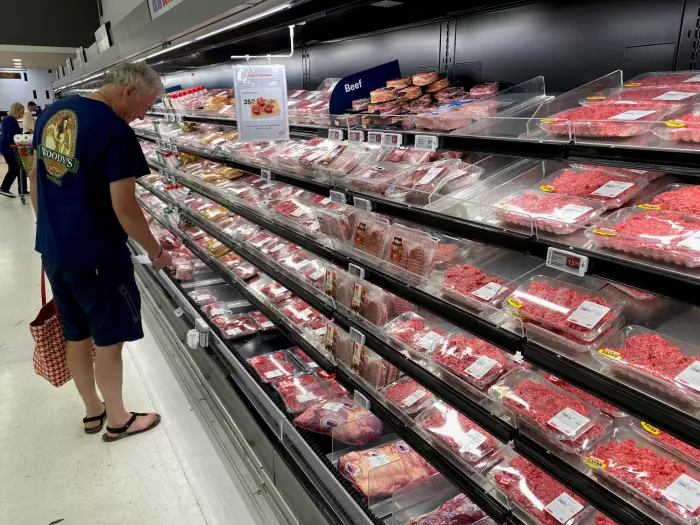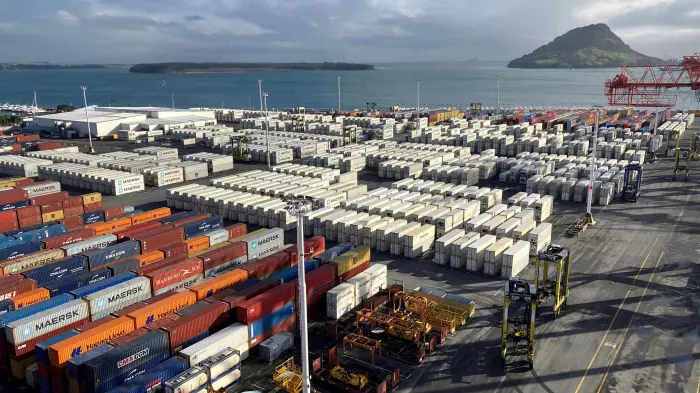Grocery commissioner Pierre van Heerden has served up a warning for New Zealand's supermarket duopoly, announcing the commission will focus on fixing misleading pricing, reducing the influence of suppliers and lowering barriers to entry for new players.
Van Heerden, a former chair of the NZ Food and Grocery Council and executive general manager at Sanitarium Health and Wellbeing, took on the government-appointed role in mid-July. The Grocery Industry Competition Act came into force on July 10.
In a media statement aimed squarely at the Foodstuffs and Woolworths-controlled grocery chains, he said a priority for his office was to ensure "clear and accurate pricing".
He said supermarkets have been the most complained about sector to the commission, and pricing issues were a common reason.
Van Heerden said even if pricing errors only affected a very small proportion of total sales, the total overcharge paid by consumers could conceivably run to "tens of millions" of dollars a year.
Better pricing systems needed
“This is simply not acceptable, and I am calling on the supermarkets’ directors and management teams to make it an absolute priority – whether that’s through better pricing systems and scanning technology or through staffing and training.”
Also at the top of his wish list is fixing "undesirable behaviour" from some suppliers who have considerable influence.
He said regulated grocery retailers (RGRs) must now sell wholesale groceries to retail competitors, giving alternative retailers access to more products at better prices.
But he's aware that a number of influential suppliers appear to be opting out of the RGRs’ wholesale offers and insisting on supplying products directly to smaller retailers but at much higher prices, which is having a negative impact on retail competition.
No covenants
And while there have been "encouraging moves" by major supermarket operators to lift land covenants, the commission will continue to actively monitor the space to make sure all existing prohibited covenants have been removed.
“The Commission’s market study into the grocery sector – completed in early 2022 – also recommended, among other things, making more land available for new grocery stores, and better enablement of alternative pathways and options for new entrants.”
The use of covenants – generally designed to stop competitors from setting up shop nearby – has been in frequent use by large retailers across the board. In late July, Mitre 10's Tauranga franchise was fined $500,000 by the high court at Wellington for prohibiting competitor Bunnings from building next door.
Van Heerden's comments also come as grocery startup Supie, which was backed by venture capital firm Icehouse, moves into voluntary administration this week and looks set to move into liquidation.
Supie founder Sarah Balle had earlier told BusinessDesk that the industry needs government intervention to help improve competition and create a "New Zealand-born" solution.





